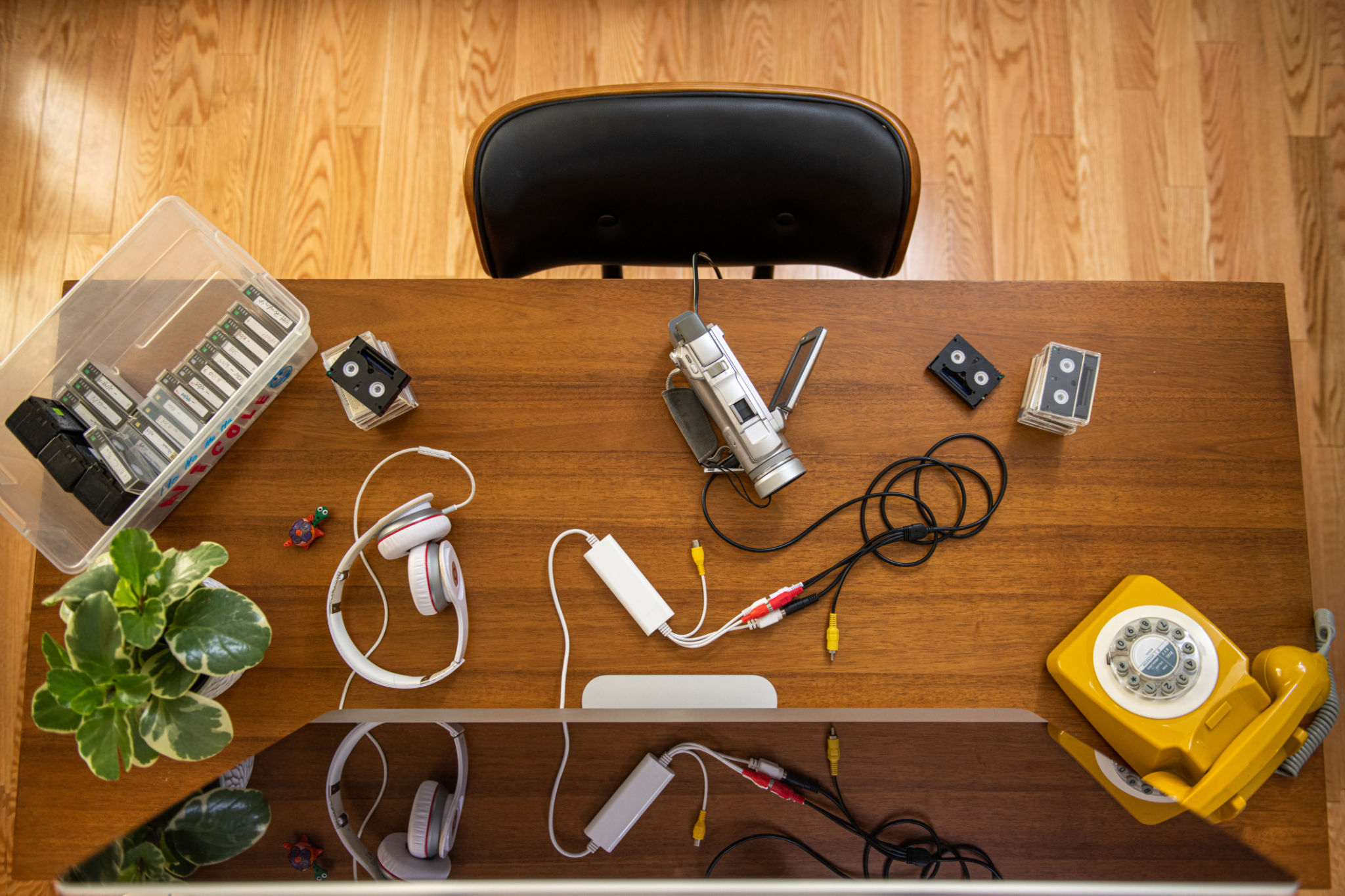How to Prepare for a Successful TV Production: Tips from the Experts
Understanding the Basics of TV Production
Television production can be a complex and intricate process. To ensure a successful outcome, it's essential to have a strong grasp of the basics. This includes understanding the roles of the crew, the equipment needed, and the timelines involved. A clear vision and a well-structured plan are crucial components in setting the stage for success.
The initial phases of production involve scriptwriting, storyboarding, and scheduling. These steps lay the groundwork for what will be captured on camera. It's vital to invest time in these areas to prevent issues during the actual filming.

Assembling the Right Team
One of the most crucial elements of a successful TV production is having the right team in place. This includes hiring skilled directors, producers, camera operators, and sound technicians. Each team member plays a significant role in bringing the vision to life.
Communication is key. Regular meetings and updates ensure that everyone is on the same page, reducing the likelihood of errors or misunderstandings. Encourage open communication channels where team members feel comfortable sharing ideas and feedback.
Pre-Production Planning
Pre-production is where detailed planning takes shape. This stage involves location scouting, casting, and creating a shot list. Each aspect must align with the overall vision to maintain consistency and flow throughout the production.

Developing a comprehensive timeline is also essential. This timeline should include key milestones and deadlines. Consider using project management software to keep track of progress and make adjustments as needed.
Technical Considerations
The technical side of TV production can be daunting, but it's essential to ensure that all equipment is functioning correctly. This includes cameras, lighting, and sound equipment. Regular checks and maintenance are necessary to prevent technical hiccups during filming.
Investing in high-quality equipment can make a significant difference in the final product. If budget constraints are an issue, consider renting equipment or hiring freelancers who bring their tools.

On-Set Best Practices
Once filming begins, maintaining a structured environment is crucial for efficiency. Have a clear schedule for each day of shooting, and ensure that everyone knows their responsibilities. This minimizes downtime and keeps the production moving smoothly.
Adaptability is also important. Unexpected challenges may arise, and having a flexible approach can help navigate these obstacles without derailing the entire project.
Post-Production Essentials
After filming wraps, post-production takes center stage. This phase involves editing, sound mixing, and color correction. It's where all the pieces come together to create a finished product. Having skilled editors who understand the vision can make a significant impact on the quality of the final output.
Feedback and revisions are normal parts of post-production. Encourage constructive criticism from team members to refine the project further.

By following these expert tips and maintaining a focus on communication, planning, and quality, your TV production is more likely to succeed and captivate its audience. Remember, preparation is key to overcoming challenges and achieving your creative vision.
